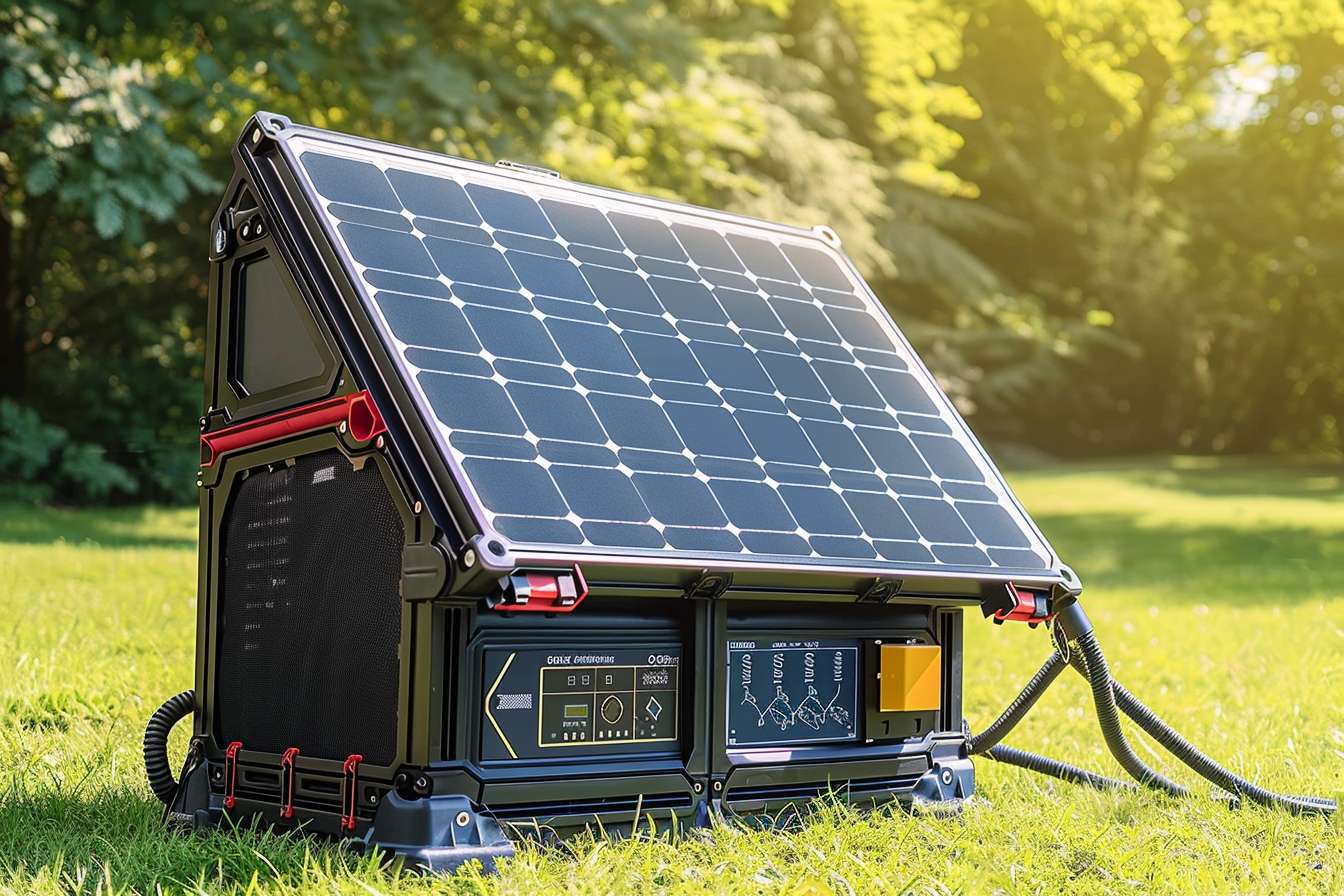Backup Power Options in the USA for 2025: Comparing Solar and Traditional Fuel Generators
Considering backup power for your U.S. home or business? With outages rising, this 2025 guide compares solar-plus-storage systems and traditional fuel generators, covering costs, maintenance, performance, and environmental impacts to help you choose the best backup option.

Why Backup Power Matters
Power outages can interrupt daily life, threaten safety, and disrupt business operations. Backup generators ensure continuity by supplying electricity during grid failures. In 2025, two primary backup technologies are commonly available:
- Traditional fuel generators: Operate on gasoline, diesel, propane, or natural gas.
- Solar-plus-battery systems: Use photovoltaic panels to generate power and store energy in batteries for later use.
Understanding how each system functions — and their respective benefits or constraints — is essential before making an investment.
How Each System Works
| Technology | Power Source | Operation |
|---|---|---|
| Fuel generators | Fossil fuels (gasoline, propane, diesel, natural gas) | Engine combustion produces electricity immediately, provided fuel is available |
| Solar backup systems | Sunlight + battery storage | Solar panels generate power stored in batteries; an inverter delivers usable AC power during outages |
Cost Considerations and 2025 Tax Incentives
| Cost Area | Fuel Generators | Solar-Plus-Storage |
|---|---|---|
| Upfront cost | Lower (often a few thousand USD) | Higher (tens of thousands for whole-home systems) |
| Fuel cost | Ongoing (purchase and storage) | None |
| Maintenance | Regular (oil changes, testing, fuel rotation) | Minimal (periodic inspection) |
| Tax incentive (2025) | None | 30% federal solar tax credit (ITC, valid through 12/31/25) |
✅ Tip: 2025 is a favorable year for investing in solar backup systems due to the still-available 30% ITC.
Energy Independence and Reliability
| Aspect | Fuel Generators | Solar Backup |
|---|---|---|
| Fuel dependency | Requires access to gas/propane/diesel (may be scarce in emergencies) | Relies on free, naturally available sunlight |
| Energy autonomy | Limited to available fuel | High, especially for homes with rooftop solar and storage |
| Suitable for long outages | Yes — if fuel is stored | Yes — with adequate battery capacity and solar generation |
Environmental Impact and Noise
| Category | Fuel Generators | Solar Systems |
|---|---|---|
| Noise production | 50–70 dB or higher | Silent |
| Emissions | CO₂ and pollutants; must be used outdoors | 100% emission-free |
| Sustainability | Dependent on fossil fuels | Promotes clean energy and reduces carbon footprint |
Maintenance and Ease of Use
- Fuel Generators
- Require regular servicing and fuel management
- Carbon monoxide safety considerations apply
- Solar-Plus-Battery Systems
- Low maintenance once installed
- Battery warranties commonly exceed 10 years
- Safe for indoor use (no fuel or combustion)
Power Output and Suitable Applications
| Feature | Fuel Generators | Solar Systems |
|---|---|---|
| Typical range | 3,000–8,500 watts (portable models) | Modular; expandable 3,000+ watts |
| Whole-home coverage | Possible (hard-wired standby units) | Possible with smart panels and large battery banks |
| Scalability | Limited by generator size | Easily expandable with additional batteries or panels |
Hybrid and Dual-Fuel Options
New products combine elements of both technologies to increase efficiency and flexibility:
- Hybrid solar/fuel generators: Use both solar and propane/gasoline to optimize runtime and fuel consumption.
- Dual-fuel generators: Switch between propane and gasoline, depending on availability.
These hybrid options can serve as transitional solutions for users hesitant to go fully solar.
Installation Requirements
| Task | Fuel Generator | Solar-Plus-Storage |
|---|---|---|
| Portable setup | Plug-in or extension cord | Not applicable |
| Hard-wiring / whole-home | Requires licensed electrician | Requires professional solar installer and transfer switch |
| Installation complexity | Low to moderate | Moderate to high (panels + batteries + integration) |
Safety Considerations
- Fuel Generators
- Must be used outdoors or in ventilated areas
- Modern units may include automatic CO-shutdown sensors
- Solar Systems
- No emissions; safe to install and operate indoors
Long-Term Value
| Aspect | Fuel Generators | Solar Backup |
|---|---|---|
| Long-term cost savings | Lower initial cost, but ongoing fuel and maintenance | Higher upfront cost, offset by no fuel and minimal maintenance |
| Government incentives | No | Yes (ITC) |
| Environmental value | Limited | High |
Conclusion for 2025 Buyers
The choice between solar-plus-storage and traditional fuel generators depends on your priorities:
Choose solar backup if you want…
- Clean, quiet, emission-free operation
- Energy independence and long-term savings (especially with the 30% tax credit)
- Low-maintenance backup power
Choose a traditional generator if you need…
- Lower upfront cost
- Immediate, high-capacity power
- Fuel versatility (especially with dual-fuel models)
Both options can provide reliable emergency power. Evaluating your usage needs, budget, and sustainability goals will help you select the most practical solution for your home or business in 2025.
Sources
- EnergySage: Home Batteries vs. Generators - Which Is Right For You?https://www.energysage.com/energy-storage/battery-backup-power-vs-generators-which-is-right-for-you/
- The New York Times Wirecutter: The Best Portable Generatorshttps://www.nytimes.com/wirecutter/reviews/best-portable-generator/
- EcoFlow: What’s Better for Backup Power? Solar or Gas Generators?https://www.ecoflow.com/us/blog/whats-better-choice-for-backup-solar-or-gas-generators
Disclaimer: Prices, availability, and tax credits described here may change and vary across regions and dealers. Readers should verify current conditions and consult local professionals before purchasing.




